PREDICT
USAID EMERGING PANDEMIC THREATS PREDICT PROJECT
Gorilla Doctors serves as the Uganda, Rwanda, and eastern DRC country leaders for a multi-year, multimillion dollar project awarded to the UC Davis One Health Institute by the US Agency for International Development (USAID) Emerging Pandemic Threats (EPT) program.
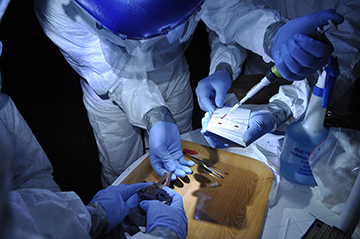
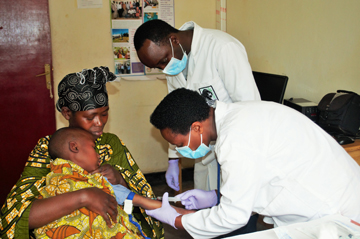
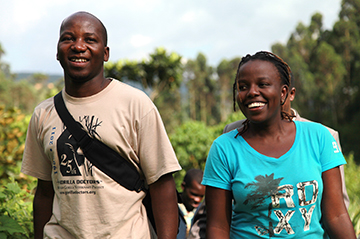
Gorilla Doctors began working on the PREDICT project in 2009, with fieldwork starting in 2010. Our PREDICT staff have collected thousands of samples from wildlife living in and around Rwanda and Uganda’s national parks. Through partnerships with the Ugandan and Rwandan governments and Makerere University in Uganda and the Rwanda Agricultural Board, Gorilla Doctors has helped improve the capacity to store, process, and test wildlife samples in in-country laboratories.
Dr. Julius Nziza manages the PREDICT program in Rwanda from his base in the capital city of Kigali. The PREDICT team in Rwanda has collected biological samples from wildlife at high-risk human-wildlife interfaces, such as from rodents, bats and primates living in and at the borders of Nyungwe and Akagera National Parks, and in bats living in caves and in human dwellings. The samples are initially processed in RAB’s new wildlife virology laboratory in Kigali, and tested for evidence of viral pathogens at high-technology diagnostic laboratories in the US and in Uganda.

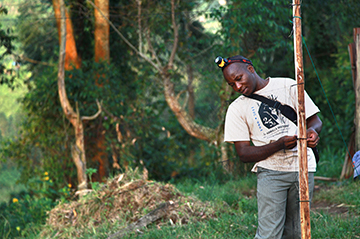
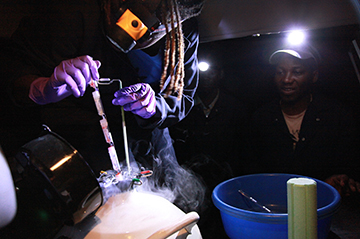
In Uganda, PREDICT Country Coordinator Dr. Benard Ssebide works closely with the Uganda Wildlife Authority and Makerere University. The PREDICT Uganda team has collected hundreds of samples from rodents, primates, and bats that are analyzed primarily at the Makerere University Walter Reed Project Influenza Research Laboratory (MUWRP), as well as in the US.
Also in Uganda, PREDICT and the Uganda Wildlife Authority developed and pilot-tested a cellphone-based animal mortality monitoring and reporting system in Queen Elizabeth Conservation Area as an early warning system for detecting potential epidemics.
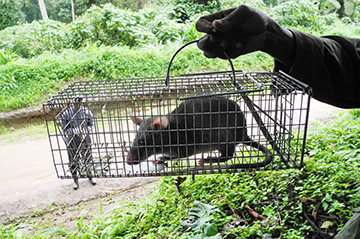
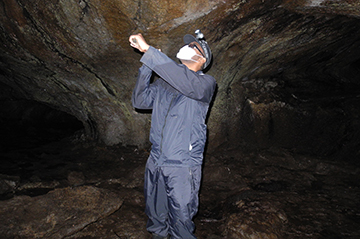
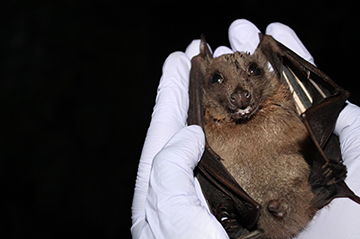
Both PREDICT teams carefully monitor the outbreak of highly infectious diseases in people and wildlife, such as Ebola. PREDICT staff have traveled to outbreak sites to collect samples from domestic and wild animals in order to determine if the outbreak is related to any pathogens that might be circulating in wild animal populations.
In September 2014, the UC Davis Karen C. Drayer Wildlife Health Center was awarded a grant to move into the second phase of the PREDICT project. Gorilla Doctors will continue to serve as the Rwanda and Uganda and eastern DRC country leaders for PREDICT, with Drs. Julius Nziza, Dr. Benard Ssebide and Dr. Eddy Kambale serving as Country Coordinators, respectively.


 Donate
Donate